News on Remuneration
Which writers’ credits for a European Showrunner Model?
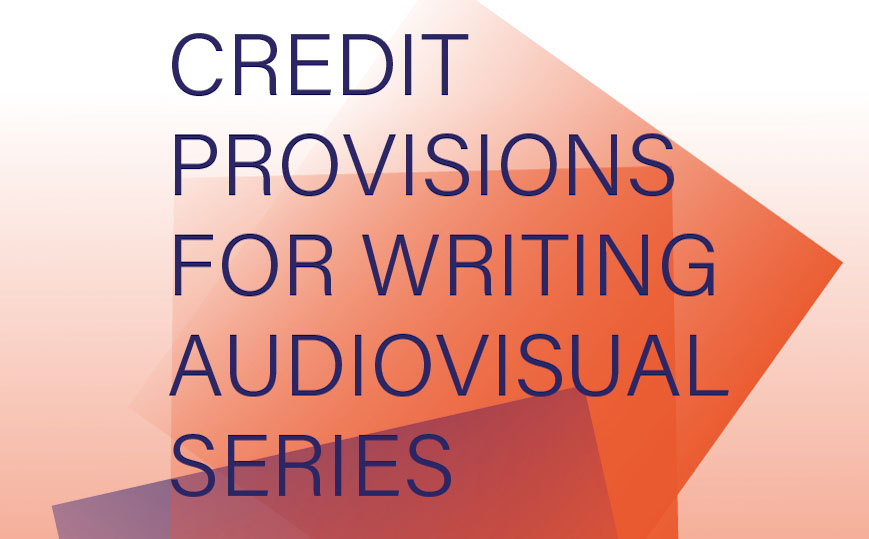
Which writers’ credits for a European Showrunner Model?
The FSE welcomes the recent publication “Showrunning in Europe – Skills, Tasks, Responsibilities” by ifs Internationale Filmschule Köln. This comprehensive attempt at defining a European showrunner model opens a debate on credits. Check FSE recommendations on three key writing credits, translated in several languages.
SAA FERA FSE joint statement: Enforce EU values and principles

A Call to Action from Audiovisual Authors to the members of the European Parliament to enforce EU values and principles
Press release. A call to MEPs from SAA, FERA and FSE

Audiovisual authors call on the EU Parliament to hold the Commission and Council accountable to EU values during a dinner with MEPs in Strasbourg.
No Formality, No Opt-Out: FSE Defends the Berne Convention at WIPO for screenwriters
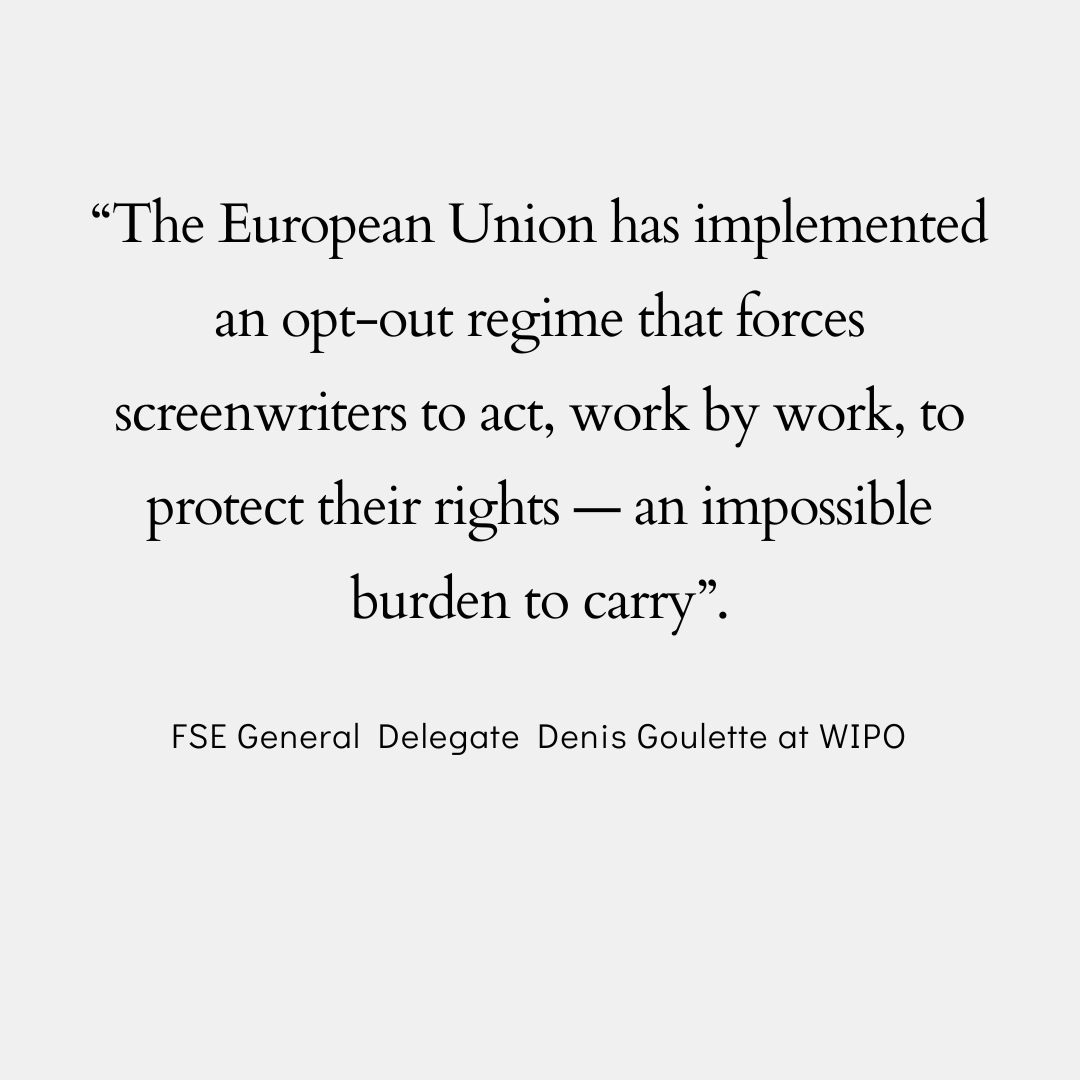
FSE General Delegate Denis Goulette delivered speech on opt-out regime during information session on generative artificial intelligence at WIPO.
Joint press release: Celebrate cultural diversity and act for creators, ask European authors’ organisations
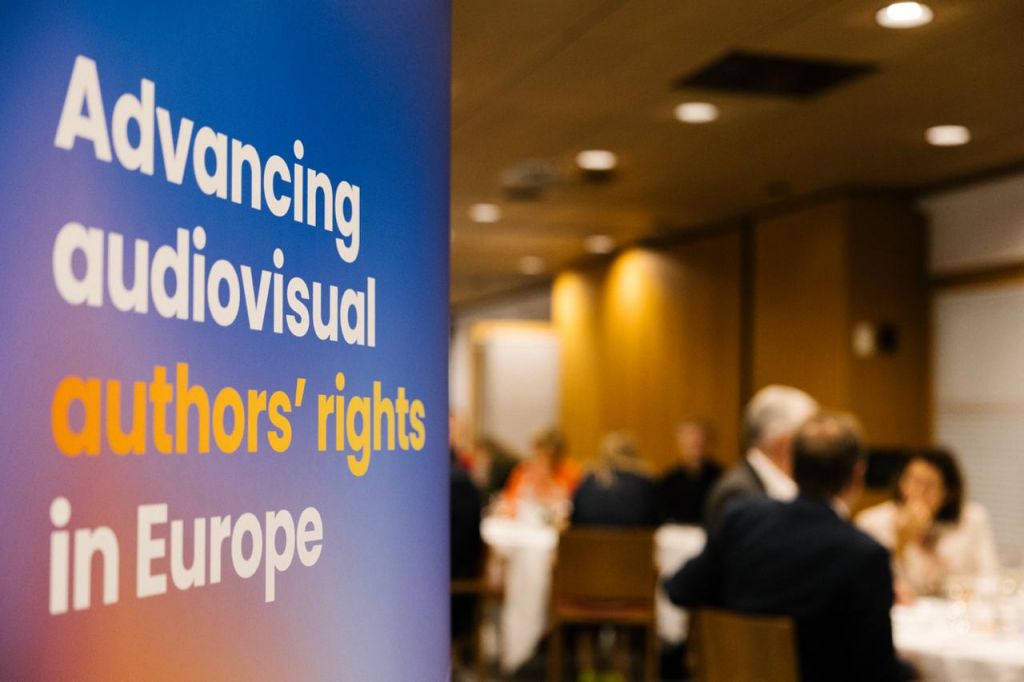
On the occasion of the announcement of the five films nominated for the LUX Audience Award 2025, SAA, FERA and FSE call in their joint statement on new MEPs to empower European audiovisual creation in all its diversity.
Empowering European audiovisual creators: a call to action by SAA, FERA and FSE on new MEPs

In their joint statement, SAA, FERA and FSE call on new MEPs to empower European audiovisual creation. Their priorities are Freedom of expression and cultural diversity, AI, Collective bargaining, Fair remuneration, Diversity of representation and the role of CMOs.
13 organisations, amongst others the FSE, have released a joint statement on generative artificial intelligence and the EU AI Act
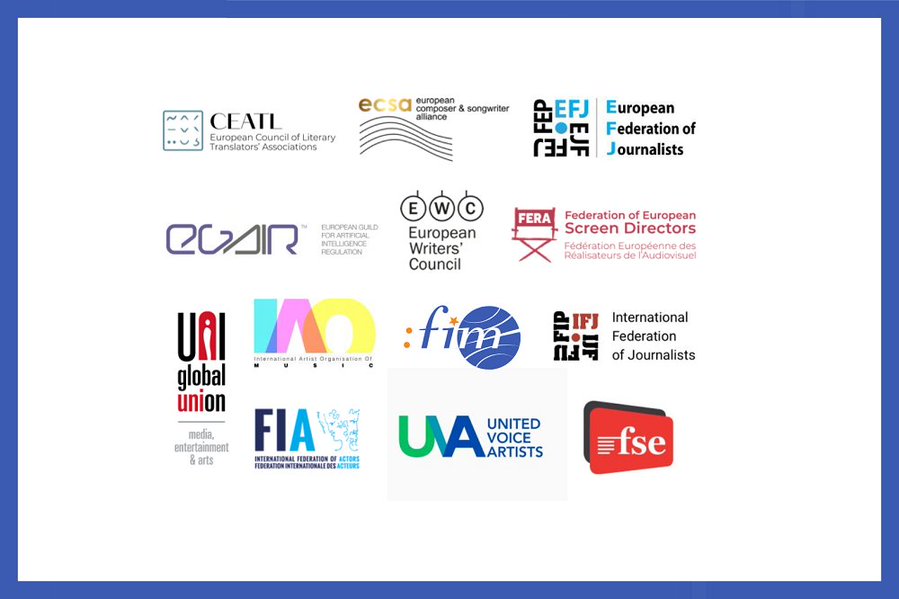
13 organisations representing authors’, performers’ and other creative workers’ organisations have released a joint statement to call for an effective implementation of the EU AI ACT in order to protect fundamental rights of authors and performers and to safeguard transparency.
Artificial Intelligence: Global Screenwriters Call for Ethical Use
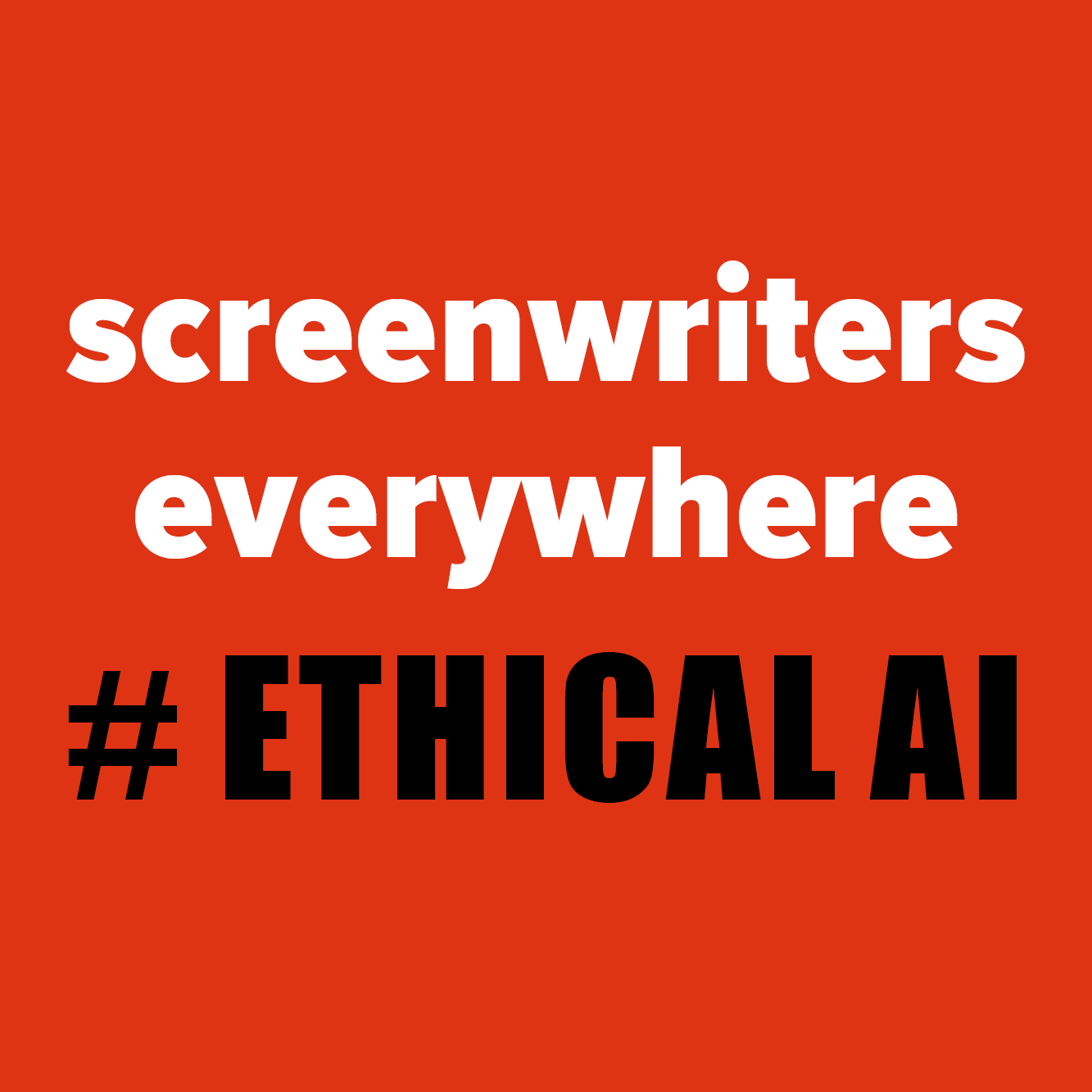
IAWG and FSE press release and joint statement outlining their common position on an ethical approach to Artificial Intelligence.
Collective Bargaining for Screenwriters and Directors. Results of a joint FERA-FSE-UNI MEI programme

FERA, FSE and UNI MEI set up a programme to build capacity among audiovisual authors’ guilds and professional organizations in Europe to bargain collectively in the context of the implementation of Title IV, Chapter III of the 2019 Copyright Directive.
Credit Provisions for Writing Audiovisual Series

FSE recommendations on screenwriters credits : “Created by”, “Lead Writer or Head Writer” and “Written by”